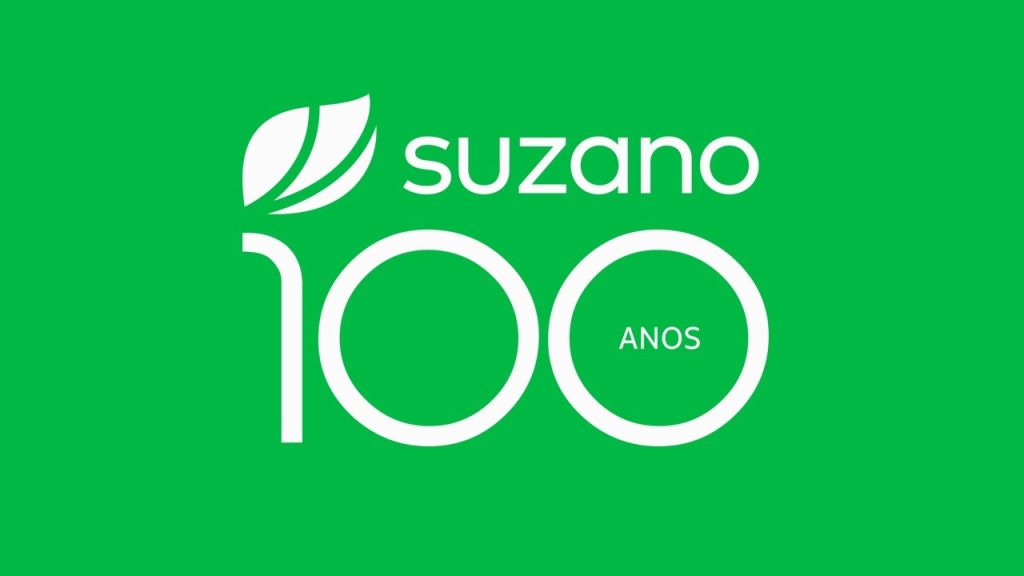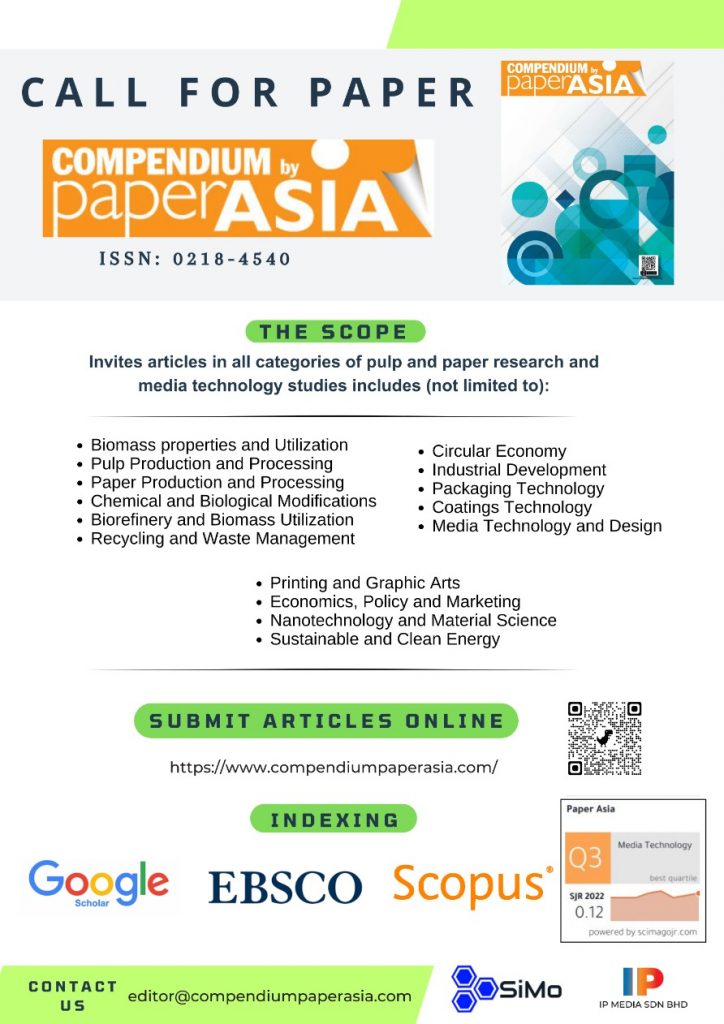Suzano Marks Centenary with USD100 Million Initiative to Advance Global Efforts to Protect and Restore Nature
An initial USD30 million will be put into partnerships that will accelerate research and education in conservation, climate change and water resource management.
- To mark its centenary year, Suzano is announcing a new USD100 million initiative designed to advance global efforts to protect and restore nature over the next decade, by strengthening corporate sustainability practices in Brazil and beyond, and creating the next generation of experts and leaders that will tackle environmental challenges.
- An initial USD30 million will be put into partnerships that will accelerate research and education in conservation, climate change, and water resource management, with a particular focus on Brazilian ecosystems, and drive forward private sector strategies and action on nature.
- As part of this initiative, Suzano has put in place Memorandum of Understanding agreements (MoUs) to explore collaboration with two leading global academic institutions, the University of Cambridge and the Stanford Doerr School of Sustainability at Stanford University and put in place a five-year partnership with the International Union for the Conservation of Nature (IUCN).

One of the world’s largest market pulp producers, Suzano, is marking its 100th year in business by announcing a new USD100 million initiatives designed to advance global efforts to protect and restore nature over the next decade. As part of this, an initial USD30 million will be put into a series of global partnerships designed to accelerate research and education in conservation, climate change, and corporate sustainability, with a particular focus on Brazilian ecosystems, and to help drive forward private sector strategies and action on nature.
A major element of the initiative will see Suzano supporting leading academic institutions, in Brazil and around the world. As part of this process, Suzano has now signed separate Memorandum of Understanding agreements (MoUs) with the University of Cambridge and the Stanford Doerr School of Sustainability at Stanford University.
The collaboration with the University of Cambridge is expected to create new educational and research opportunities for postgraduate and doctoral students across a ten-year period, to study areas such as biodiversity conservation, climate change, and water resource management. Suzano will also make its business operations and conservation areas in Brazil available for research purposes to academics.
Under the MoU with the Stanford Doerr School of Sustainability, Suzano is exploring a gift to support research, education, and training at the university. The two organisations will work together to pursue opportunities to further their mutual sustainability goals.
Alongside this, Suzano has agreed a five-year partnership with the International Union for Conservation of Nature (IUCN), the world’s largest and most diverse environmental network, that represents over 1,500 members, including governments, environmental groups, and Indigenous Peoples’ organisations.
This will see Suzano working with IUCN in order to develop its own ambitious nature strategy, as well as convening key stakeholders to share knowledge and best practices, helping to drive private sector action on nature. This will include setting measurable targets that demonstrate Suzano’s contributions to a nature-positive world, and engagement at a number of key upcoming international events, including the UN Biodiversity Conference in Colombia later this year, IUCN’s 2025 World Conservation Congress in Abu Dhabi, and the COP30 climate talks in Brazil.
David Feffer, Chairman of the Board of Suzano, said, “After 100 years in business, we have learned to take a long-term perspective and plant the seeds today for the future we want to achieve. Through this initiative and the new partnerships, we are forming, we hope to help create and empower the next generation of experts and leaders that will help governments, companies and civil society to take action to protect and restore nature over the next century.”
We believe that education, science, and effective collaboration are three of the most powerful weapons we have to fight back against the dangerous decline in species, degradation of soils, and pollution of our waters and atmosphere. There is no time to delay, the world must halt and reverse nature loss by 2030. Our ambition is to start now and have a vision for how we can be part of the solution for the next century.
David Feffer, Chairman of the Board of Suzano
Professor Bhaskar Vira, Pro Vice Chancellor (Education) at the University of Cambridge, said, “We are thrilled with the burgeoning partnership between the University of Cambridge and Suzano, marking a significant milestone in the University’s commitment to global collaboration. Suzano brings a host of unique and valuable assets to this partnership, and its multimillion-pound pledge will not only help cement Cambridge as a leader in the study of the unique ecosystems, biodiversity and socio-economic factors in the Brazilian landscape, but will also play a pivotal role in developing Brazil’s next generation of sustainability leaders.”
Arun Majumdar, Dean of the Stanford Doerr School of Sustainability and Jay Precourt Provostial Chair Professor at Stanford University, said, “At the Stanford Doerr School of Sustainability, we are educating and training leaders in sustainability for today and for tomorrow. We are extremely pleased to be working with Suzano, because this agreement opens immense potential for expanding the knowledge and skills necessary to address the planet’s sustainability challenges and do so within an industry and nation so critical to ensuring a sustainable future for all.”
SungAh Lee, Deputy Director General and Member of the Executive Board at IUCN, said, “Addressing biodiversity loss through the protection and restoration of nature is vital for the health and prosperity of communities and ecosystems. IUCN, the world’s largest environmental network, is a unique membership union that brings together governments and civil society to conserve nature and to ensure the sustainable and equitable use of natural resources.”
Companies like Suzano have an essential role to play in the implementation of the Kunming-Montreal Global Biodiversity Framework, through science and knowledge-based action. IUCN is encouraged by the growing momentum of companies thinking more about their nature risks and impacts, and looks forward to building strong collaborations, with all stakeholders, including the private sector, in driving and accelerating efforts to reverse biodiversity loss.
SungAh Lee, Deputy Director General and Member of the Executive Board at IUCN
Suzano is one of the world’s largest private sector landowners, sustainably managing around 16,000 square kilometers of eucalyptus farms in Brazil, alongside 10,000 square kilometres of conservation areas across some of the country’s most biodiverse ecosystems. The company’s tree farms provide the renewable raw materials that meet the needs of around 2 billion people for items such as tissue, toilet paper, books, packaging, diapers, and period products.
In 2020, Suzano set a series of long-term corporate sustainability goals that are central to its business strategy, which include: connecting 500,000 hectares of fragments of Brazil’s Amazon, Atlantic Forest and Cerrado biomes with ecological corridors by 2030; net removal of 40 million tons of carbon dioxide from the atmosphere by 2025 after taking into account the company’s full value chain emissions; and lifting 200,000 people out of poverty in its areas of operations by 2030.
Suzano sits on the Taskforce on Nature-related Financial Disclosures (TFND) and has committed to be one of the early adopters of the TFND recommendations. The business was the top scoring pulp and paper producer in Global Canopy’s Forest 500 rankings in 2023, and the environmental disclosure not-for-profit, CDP, scored Suzano with an A rating for its actions on water security, and an A- for climate change and forests.
Suzano has been helping to pioneer research and practical approaches to ecosystems restoration for over 25 years. Established in 1999, Suzano’s not-for-profit Ecofuturo Institute has been restoring a 7,000-hectare area that was formerly used as a commercial plantation in Brazil’s São Paulo state. Now known as Parque das Neblinas, the area has been recognized by UNESCO’s Man and the Biosphere Program as a biosphere reserve for Brazil’s Atlantic Forest biome and is now home to more than 1,300 identified species of fauna and flora, of which 41 are threatened with extinction and four were previously unknown to science.


